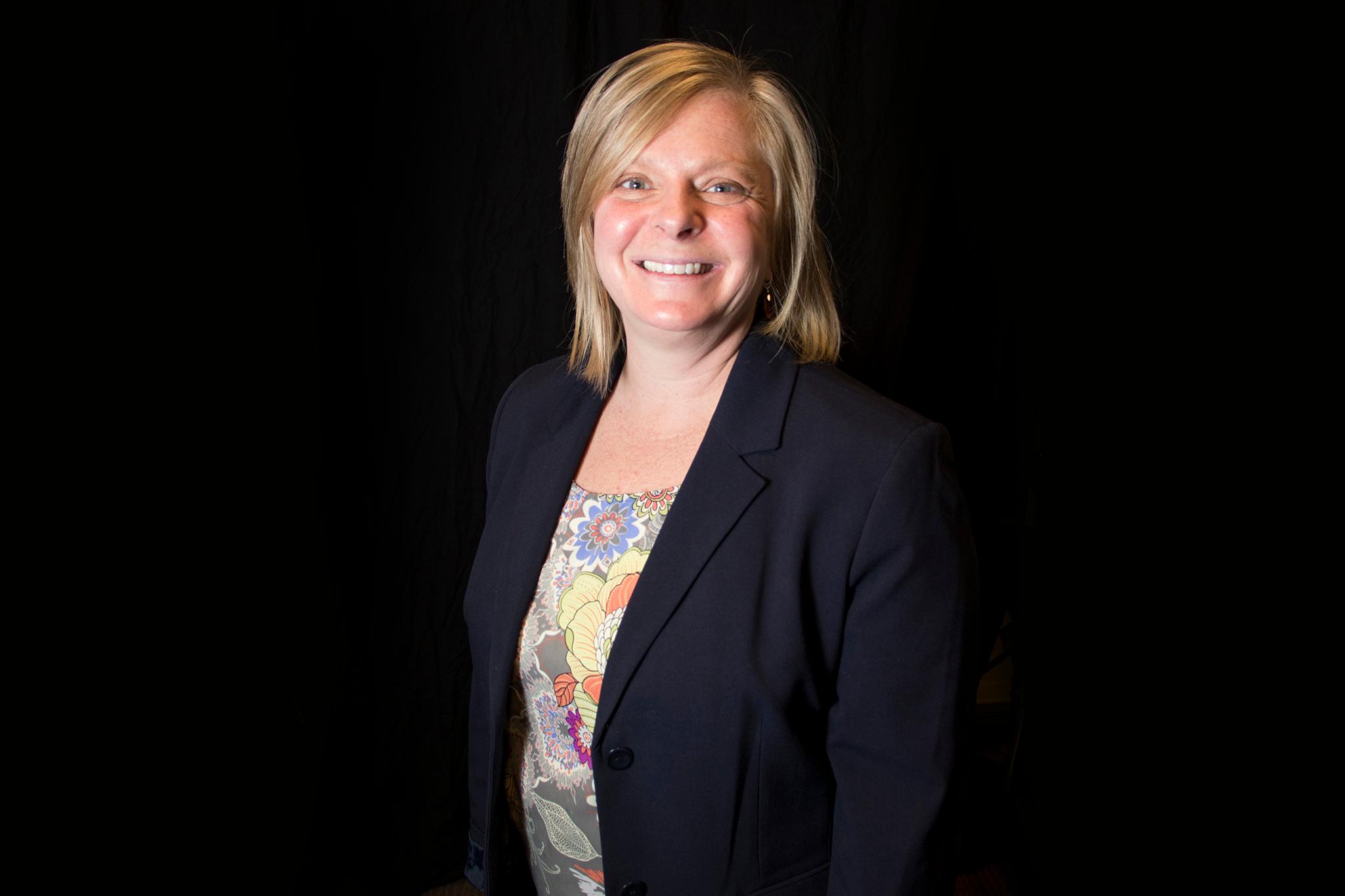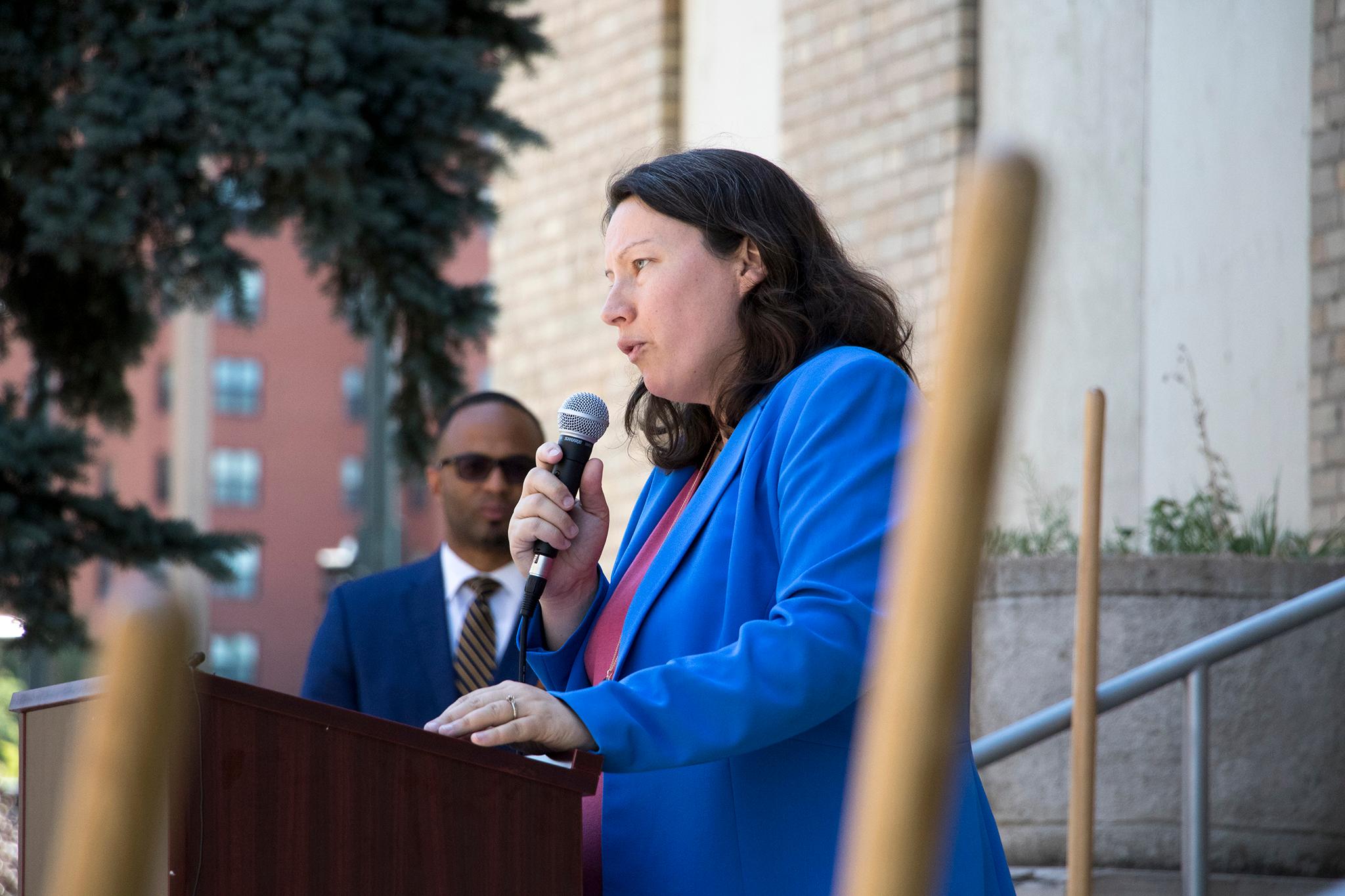The two dozen organizations that won year-long city contracts to provide home repairs, homelessness prevention, representation in eviction court and other housing services in Denver have a chance to extend those agreements another year.
Laura Brudzynski, who directs housing policy and programs for Denver Economic Development & Opportunity, said in an interview Monday that DEDO has decided not to accept new bids this year for housing projects. Instead, current contractors who are performing satisfactorily can get extensions. DEDO will be evaluating the contracts this summer and announcing extensions in the fall.
The 24 housing programs were awarded a total of $7.9 million in contracts, the city had said in a March announcement.
While extensions instead of new contracts are not unheard of, Brudzynski said, she noted that this year some unusual factors were taken into account. They include the city's plans to create a housing and homelessness department to be headed by Britta Fisher, now DEDO's chief housing officer.
The new department will be included in the 2020 budget proposal from Mayor Michael Hancock, who has pledged it will provide the coordination and leadership he acknowledges has been lacking in addressing the city's intertwined homelessness and affordable housing crises. Brudzynski said preparations for the new department include ensuring procurement procedures are aligned.
The housing and homelessness department would bring together work now being done at DEDO and by Denver's Road Home. The latter, the arm of Denver Human Services that works with nonprofits to coordinate support for people experiencing homelessness, has already started reporting to Fisher.
Among the 24 housing services contracts awarded this year were five in a new category for innovative approaches. Brudzynski said DEDO wanted to ensure the organizations trying something new had the evaluations and support they needed to succeed.
The innovation contracts included $485,000 awarded to enable the Colorado Coalition for the Homeless to lease 20 units to serve as short-term bridge housing for people who have experienced homelessness and are on their way to permanent supportive housing. Cathy Alderman, the coalition's vice president of communications and public policy, said a pregnant woman who had been living in her car was among those served already by the bridge housing program.
If the coalition had had to propose a project for next year, it likely would have proposed an extension of the bridge housing program, Alderman said.
She said bridge housing has been an effective tactic in the work the coalition has done as part of Denver's social impact bond project. In that pilot project, the coalition and the Mental Health Center of Denver are providing housing and services to about 300 people identified as chronically homeless. The city and private investors theorize they will spend less funding the pilot than they would jailing people experiencing homelessness or caring for them in emergency rooms.
The coalition set a goal of serving 200 people beyond those in the social impact bond pilot with bridge housing, Alderman said. It could be difficult to reach that goal in one year, particularly given the challenge of finding affordable housing in Denver, she said.
"We've been advocating for years for more flexible housing dollars and programs," Alderman said.
Alison Joucovksy, executive director of the small non-profit Sunshine Home Share Colorado, was awarded a $60,000 contract to help her expand her strategy of connecting home-seekers to seniors who might need financial or other support to stay in their home. Sunshine social workers conduct intake interviews, trouble shoot and provide other support to ensure the matches stick. In the two and a half years since Joucovksy founded it, Sunshine has made 19 matches. Joucovksy wants to step up those numbers, but not by comprising on services to a fragile population.
She is using the $60,000 from the city to hire an additional social worker to reach out to providers of affordable senior housing. Such apartment buildings often have wait lists that are months or even years long. Joucovsky wants people who end up on the wait lists to learn about Sunshine as an option.
"When you're talking about a new project, it really takes time just to get staffed and build up partnerships," she said. "As a smaller organization, that's just kind of hard."

Joucovsky learned she'd won the city contract in late 2018 and started searching for a geriatric social worker with a master's degree even though she wouldn't the money to pay the new staffer until January of early 2019. She's hoping her contract will be extended to give her more time to succeed.
While organizations that got contracts this year embrace the chance for extensions, other groups may be disappointed.
Cole Chandler said his Colorado Village Collaborative had considered applying for the innovation funding but didn't feel ready last year. The sponsor of tiny home villages marked its calendar for this year's expected contract offering and worked with a consultant to prepare.
"For this year, we probably would have used it (city funding) to get us over the hump for a women's village," Chandler said.
"We're still optimistic that we can find other ways to work with the city, especially with the new (housing and homelessness) department," he added.
Brudzynski said Denver won't stop looking for new approaches to providing housing and addressing homelessness.
"We absolutely want to continue to think about innovations," she said. "We want to make sure that's done successfully and with support."













